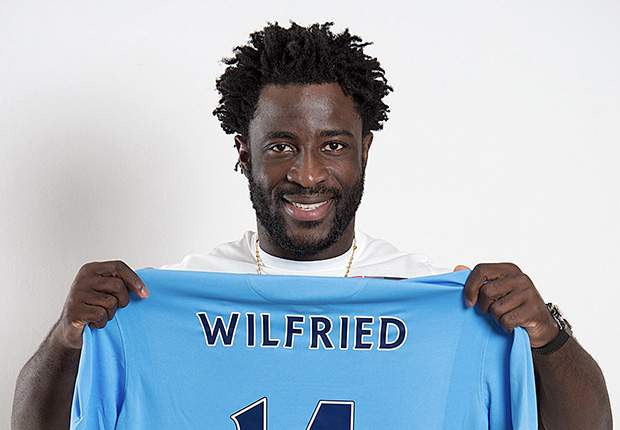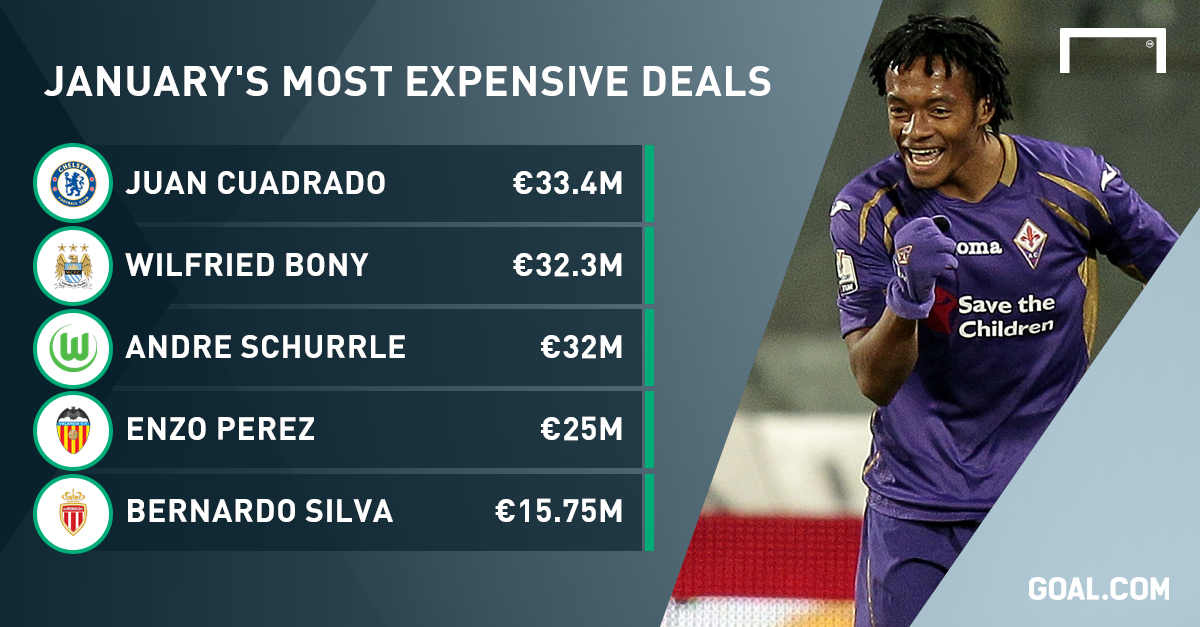 |
| Add caption |
COMMENT: The spending seems to have been curtailed
around Europe as clubs' reluctance to splash out on big talent left fans
disappointed
By Peter StauntonIt came and went with a whimper in the end. The January transfer window was a disappointment for many fans who had hoped to see their favourite teams add new players. However, it proved not to be the case with the spending curtailed in most parts.
New federal regulations, self-imposed restrictions, the reluctance of some players to conduct business mid-season and the more prosaic matter of not having any money all contributed to a window of relative transfer inertia.
Usual suspects for spending, such as Paris St-Germain and Manchester City, were handicapped by ongoing obligations to meet Uefa's Financial Fair Play terms. PSG's spending for the season must not exceed €60m and their wage bill must remain as last season's total. The signing of David Luiz gobbled up much of their transfer kitty and a failure to shed fringe men, Clement Chantome aside, leaves them with much the same squad in February.
Manchester City - the other major power to encounter difficulty with Uefa's sanctions - were active, but only after offloading Matija Nastasic to Schalke. City needed to lose the Serb's wages to construct a package for Wilfried Bony. By their standards, it was a quiet preceding summer and so money was available to reinvest.
In any case, the band of Champions League contending teams, to which City and PSG belong, are shopping in a restricted market at this time of year. Elite performers have probably already featured in the competition for other clubs and so cannot be added to continental rosters for the remainder of the season. The fact that a squad can be improved for domestic play but not the Champions League, where difference-makers are needed, makes clubs reluctant to spend big.
"We have restrictions about the amount of money and about the number of players we can put in the Champions League so I don’t think it will be a special transfer window for our team,” City manager Manuel Pellegrini said at the start of the window.

The English Premier League clubs broadly spent about the same in total as in last year's January sales. That total is down about €100m from the peak of Premier League winter spending in 2011.
The Premier League is set to cut a new television deal worth about €120m per club per season from 2016-17. The competition to braodcast games, between Sky and BT, will be worth over €5bn and so clubs' spending power will increase again.
As prices increase so will wages. Agents have told players to hold tight on potential moves this winter as details of the new TV deals will emerge towards the end of the season. By then, players and advisors will be well aware that their services will be even more handsomely remunerated. There is logic in being inactive this January, for players as well as teams. A new contract signed in summer will be worth a lot more.
It is the opposite story in much of the rest of Europe where debt and nosediving revenues mean that clubs simply have no money to spend. Outside of the Clasico duo, Atletico Madrid and Valencia, funds for new players are severely restricted in Spain.
Likewise in France, where PSG and Monaco dominate the landscape at the expense of all others. Italian football's seemingly inexorable decline has been well documented and the Fifa Transfer Matching System reveals that nearly 40 per cent of all deals in Serie A this winter came in the form of loans. That is indicative of the short-tem outlook that continues to blight clubs in this once-proud league.
German clubs too proved reluctant to join the spending party. Wolfsburg's €30m outlay on Andre Schurrle was more than all the other 17 Bundesliga clubs put together spent collectively in January. There were only a small number of modest acquisitions in the Bundesliga with the clubs traditionally content to let a young native talent prosper, rather than block his path to the first team with an overseas import.
Clubs in general do not need major reconstructive surgery in January unless it is a total basket case. Think AC Milan this time around and QPR a few seasons ago.
The money may not be flowing in the big leagues of Europe currently but elsewhere the transfer window seemed to be in rude health. The Mexican Liga MX boasted more international transfers with fees attached than any other league in the world while Chinese Super League behemoths Guangzhou Evergrande added two emerging Brazilian talents in Alan and Ricardo Goulart for €25m.
While that, in part, points to a shift in global revenues towards emerging markets - China in particular - the spending situation is part of a wider strategic change within Europe, one towards sustainability and fostering responsible club management.
European clubs, particularly in the Premier League, will continue to spend big in the summer window. But the winter sales may well become a relic of a reckless past.
 RSS Feed
RSS Feed Twitter
Twitter
 08:02
08:02
 Unknown
Unknown
 Posted in
Posted in 


0 comments:
Post a Comment